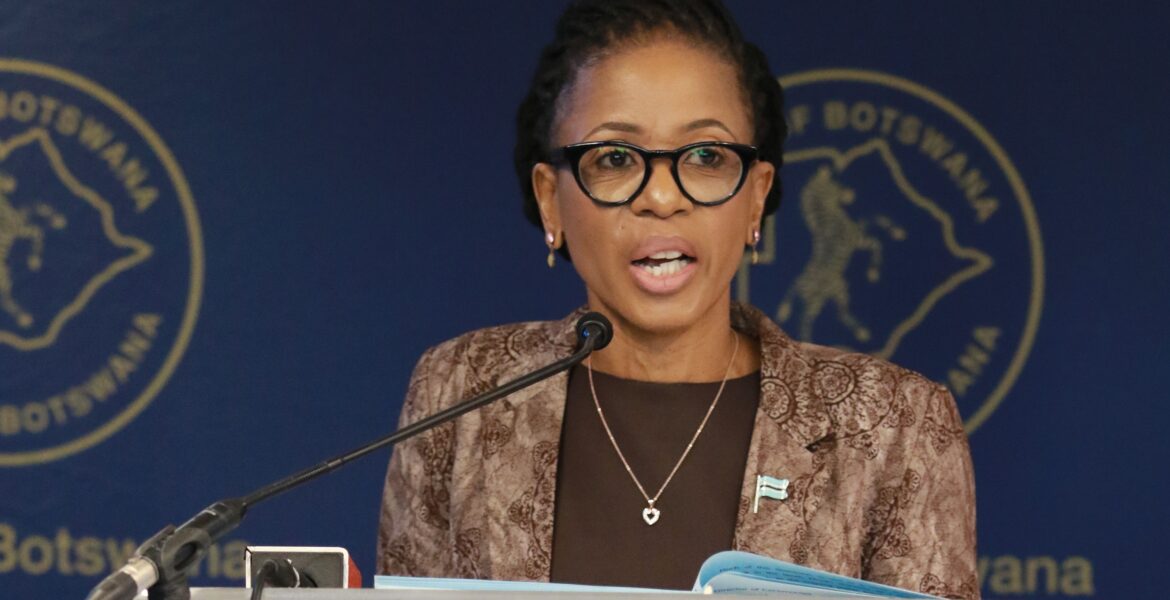GAZETTE REPORTER
The International Monetary Fund (IMF) has strongly recommended a comprehensive reform of Botswana’s State-Owned Enterprises (SOEs), this publication has established.
The IMF asserts that such reform is essential to level the playing field for private companies, promote market access, enhance resource allocation, and stimulate competition and innovation within the nation.
According to IMF in a recent report titled ‘Botswana Selected Issues’, the financial performance of the country’s SOEs has generally been weaker than international benchmarks. “The sector is also an outlier in terms of the high percentage of government ownership and the limited progress in advancing private sector involvement,” the IMF says in the report. “Although direct fiscal support to SOEs has declined in recent years, the sector’s weak recovery since the pandemic represents a fiscal risk.”
IMF says reforming Botswana’s SOEs could level the playing field for private companies, facilitate market access, improve resource allocation, and spur competition and innovation. “Parastatals account for a significant share of total employment and tend to pay large wage premiums.” Notes IMF. “SOEs generally dominate the sectors in which they operate, and these are typically heavily regulated.”
IMF notes that despite substantial background work on reform of the SOE sector, implementation has lagged. “As a first step, the authorities could accelerate a comprehensive analysis of the SOE sector and clarify oversight roles.,” advises the IMF. “Over the medium term, authorities should introduce an updated SOE governance reform strategy, while taking steps to strengthen SOE boards and management.”
Offering additional advice, IMF says Botswana needs to undertake a comprehensive analysis of the SOE sector. “Taking stock of the existing SOEs (including subnational SOEs and SOE subsidiaries) in terms of their commercial viability, public policy objectives, track record, and success in addressing market failures could inform strategic decisions and fill in current information gaps,” notes IMF. “All annual financial statements should be published in timely manner and shared with the Ministry of Finance.”
Additionally, IMF says the Ministry could compare SOE performance with private firms (where feasible) or international SOEs to establish an efficiency benchmark to support understanding of their overall efficiency. “The analysis should prioritize SOEs that are targeted for privatization and those operating in sectors where private firms are present,” the IMF. “The Ministry should also strengthen monitoring and oversight of the SOE sector. Clarifying the roles and avoiding duplication risks between PEEPA and the Enterprise Development Policy Unit would be an important first step. Ideally, a single unit should be responsible for monitoring performance, enhancing SOE governance, and implementing the reform strategy, including support for board members’ nomination and evaluations.”

